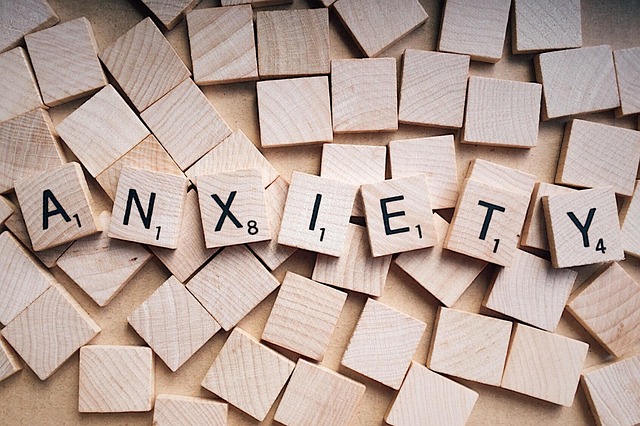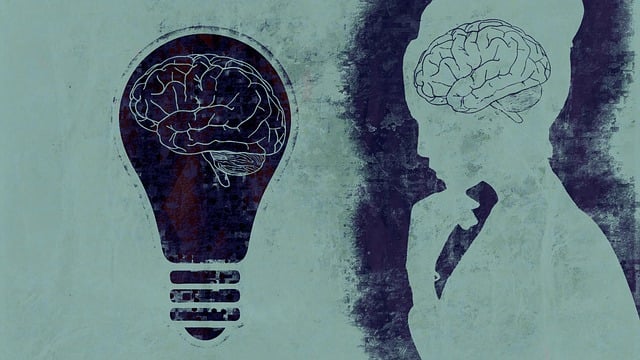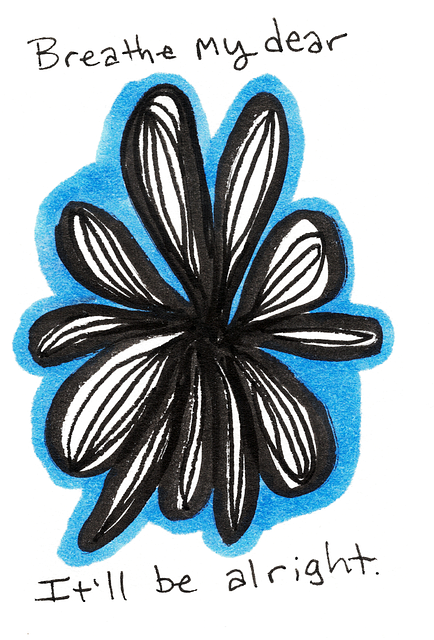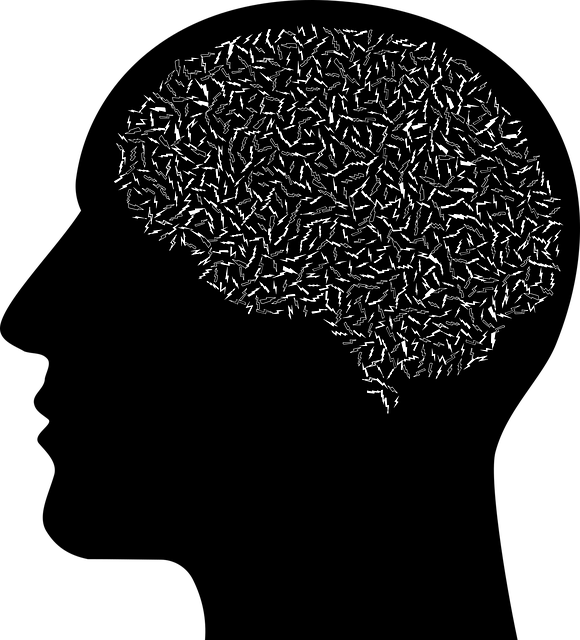Mental wellness is a critical aspect of overall well-being for adult veterans, who often face unique challenges from their military experiences. Therapy for Adult Veterans serves as a key tool, providing safe spaces to process traumatic events, develop coping skills, and undergo emotional healing. Specialized therapy sessions equip veterans with strategies to manage stress, anxiety, and trauma, enhancing their ability to thrive post-service. Holistic approaches including mindfulness, social connections, public awareness campaigns, and regular healthcare check-ins ensure long-term mental wellness for this population.
Mental wellness is a cornerstone of overall health, especially for adult veterans who often face unique challenges. This article explores strategies to promote and sustain mental well-being among this population, focusing on understanding their specific needs. We delve into the significant role therapy plays in healing and providing long-term support for veterans. By examining evidence-based practices and continuous care approaches, we aim to empower veterans and their allies with tools to enhance mental wellness post-therapy.
- Understanding Mental Wellness and Its Significance for Adult Veterans
- The Role of Therapy in Promoting Mental Health for Veterans
- Strategies to Enhance and Support Continuous Mental Wellness Post-Therapy
Understanding Mental Wellness and Its Significance for Adult Veterans

Mental wellness is a crucial aspect of overall well-being, and for adult veterans, it holds an even more profound significance. Veterans often face unique challenges that can impact their mental health, stemming from their military experiences. These may include traumatic events, deployment stress, and adjustments to civilian life. Understanding and prioritizing mental wellness becomes essential for these individuals to navigate the complexities of post-service life effectively.
Therapy plays a pivotal role in assisting adult veterans in managing their mental health. It provides a safe space for them to process their experiences, develop coping skills, and work through any emotional healing processes needed. Through specialized therapy sessions, veterans can learn effective strategies to cope with stress, anxiety, or trauma-related issues, ultimately enhancing their ability to thrive in various aspects of life. Public awareness campaigns development that focus on normalizing mental health discussions among veterans is also vital, encouraging them to seek support and fostering a culture of care and understanding.
The Role of Therapy in Promoting Mental Health for Veterans

For veterans transitioning back to civilian life, therapy plays a pivotal role in promoting mental wellness. Specialized therapeutic services cater specifically to the unique challenges faced by adult veterans, addressing issues such as post-traumatic stress disorder (PTSD), depression, and anxiety. These treatments, often coupled with guidance on mental wellness journaling exercises, offer a structured approach to process traumatic experiences and promote emotional well-being.
Through empathy-building strategies, therapists foster an environment of trust and understanding, encouraging veterans to open up about their struggles. Emotional well-being promotion techniques within therapy sessions equip individuals with valuable tools to manage stress, regulate emotions, and cultivate resilience. By combining these therapeutic interventions with regular journaling practices, veterans can find effective means to navigate their mental health journeys.
Strategies to Enhance and Support Continuous Mental Wellness Post-Therapy

After completing therapy for Adult Veterans, maintaining mental wellness requires a holistic approach and consistent effort. One key strategy is to integrate resilience-building techniques into daily routines. This can include mindfulness practices, such as meditation or deep breathing exercises, which help reduce stress and promote emotional regulation. Engaging in regular physical activity is another powerful tool; exercise releases endorphins, improves mood, and enhances overall mental fortitude. Additionally, fostering strong social connections through support groups or community activities provides a sense of belonging and encourages open dialogue about mental health.
Public awareness campaigns play a crucial role in reducing the stigma surrounding mental illness. By sharing personal stories and educating communities, these initiatives foster empathy and understanding. Encouraging veterans to participate in such campaigns or connect with peer support networks can provide ongoing support post-therapy. Regular check-ins with healthcare professionals and continued access to therapy resources ensure that veterans have the tools they need to navigate any challenges that may arise, fostering long-term mental wellness.
Mental wellness promotion is a vital aspect of supporting adult veterans, ensuring they receive comprehensive care that extends beyond therapy sessions. By understanding the unique challenges faced by veterans and implementing effective strategies post-therapy, we can foster continuous mental health improvement. Through personalized support networks, engaging in meaningful activities, and accessing community resources, veterans can navigate their journeys towards sustained well-being. Recognizing the power of therapy for adult veterans is a significant step towards building resilient and thriving communities.














